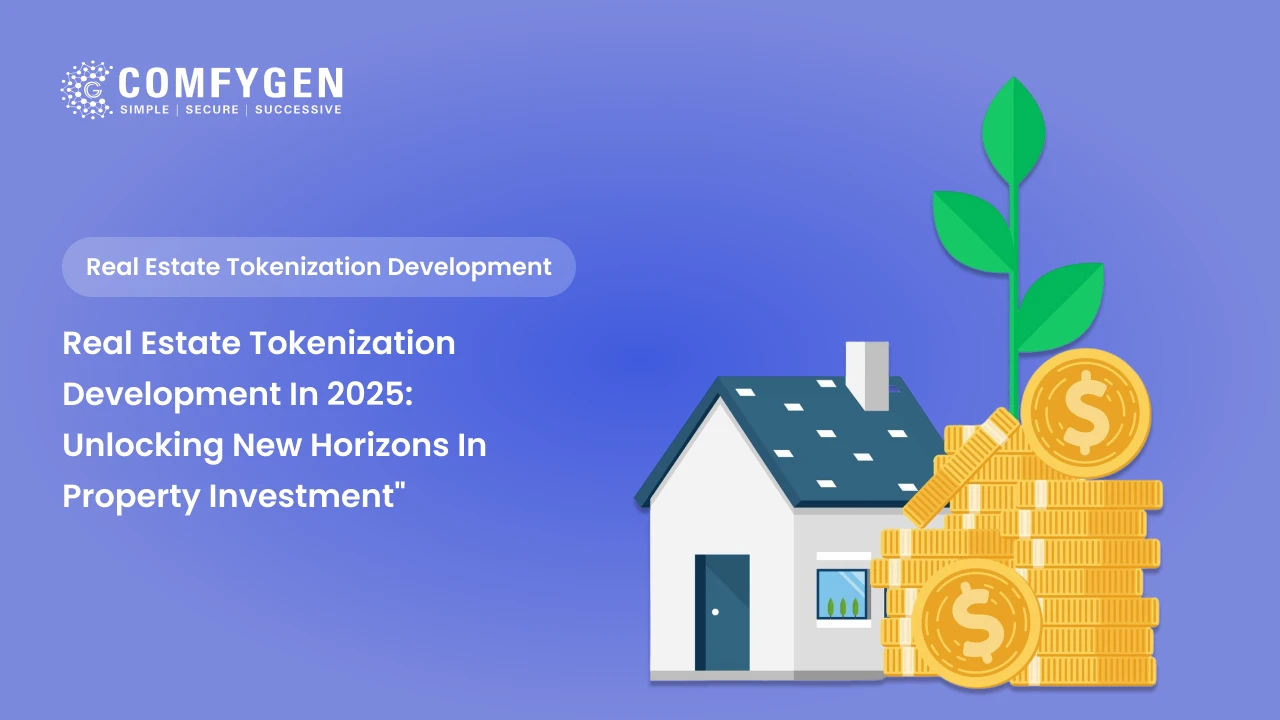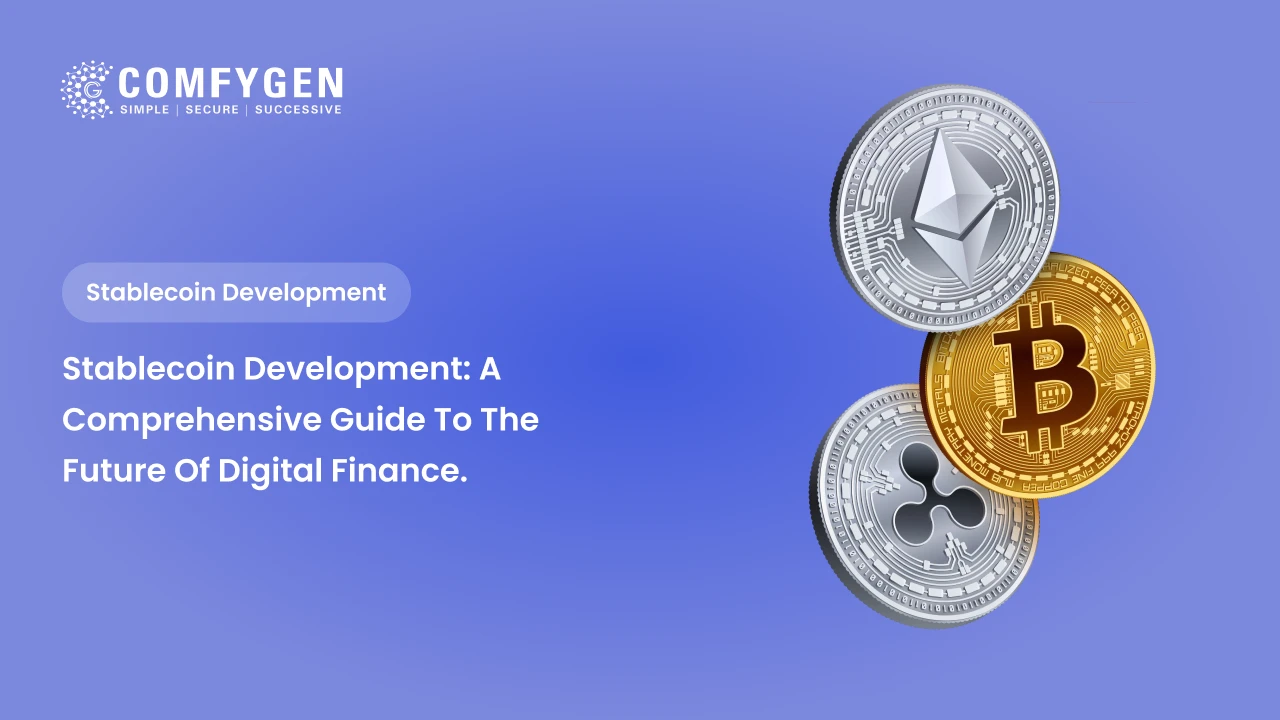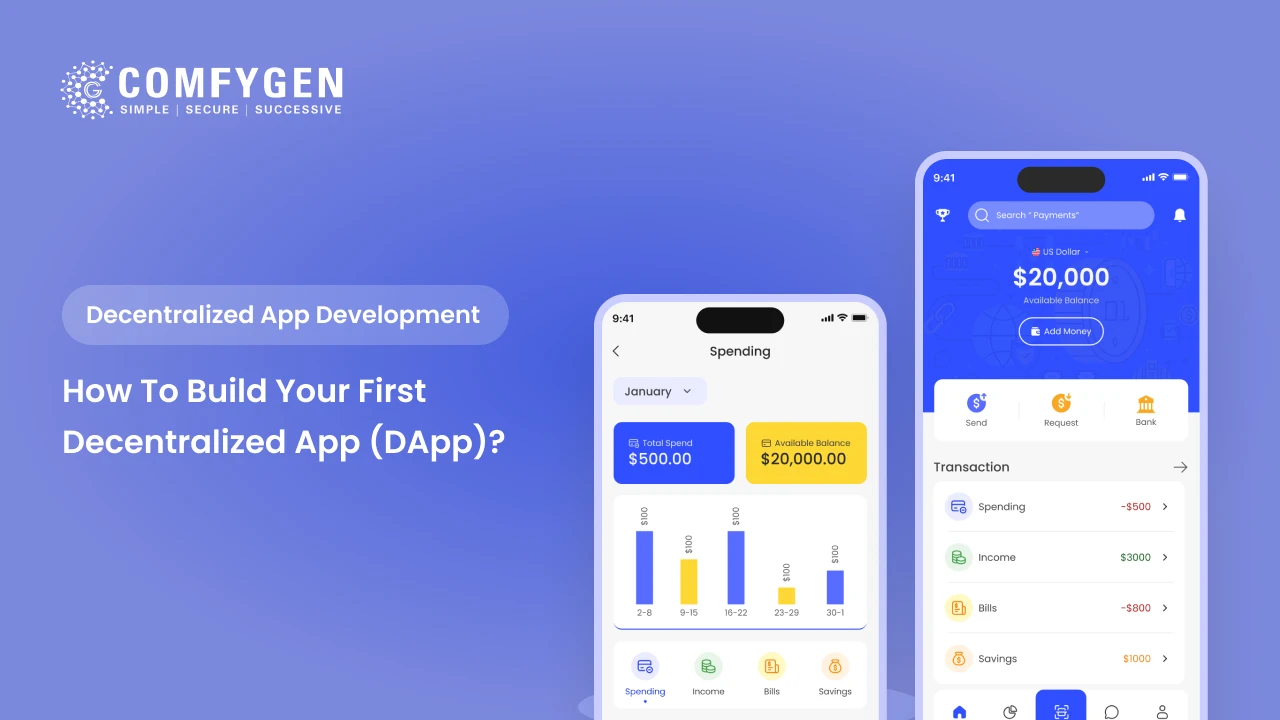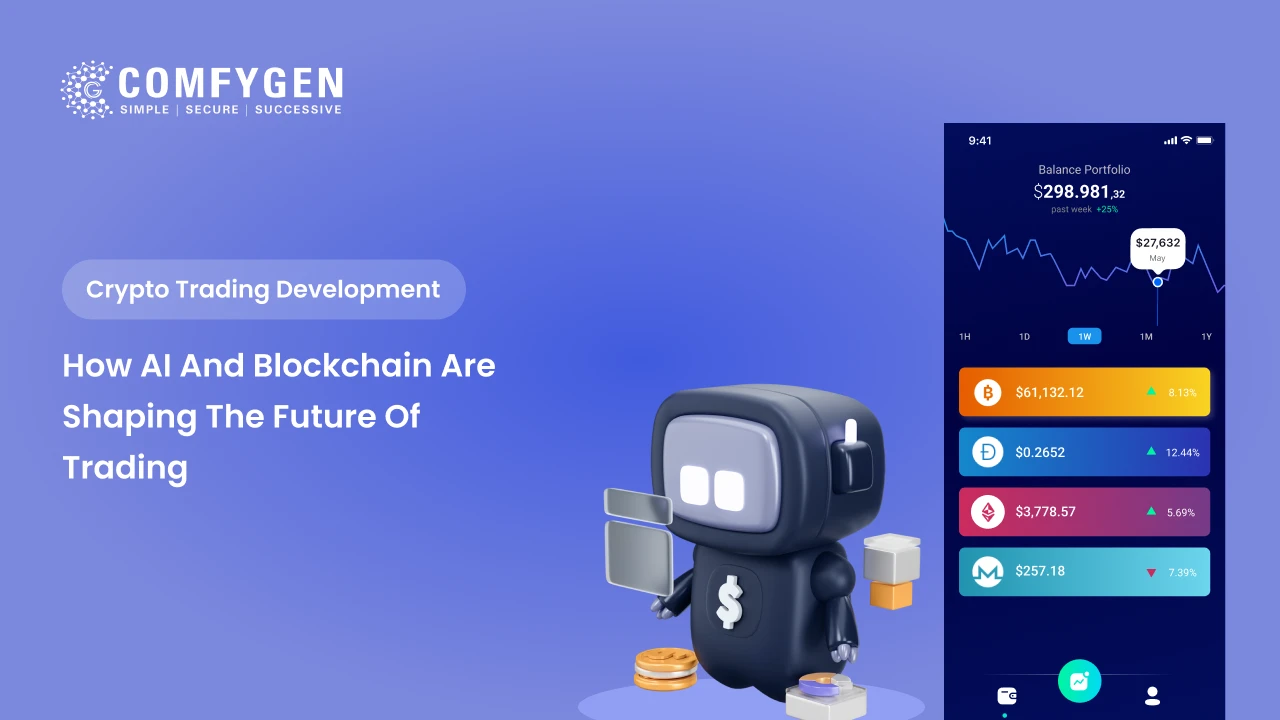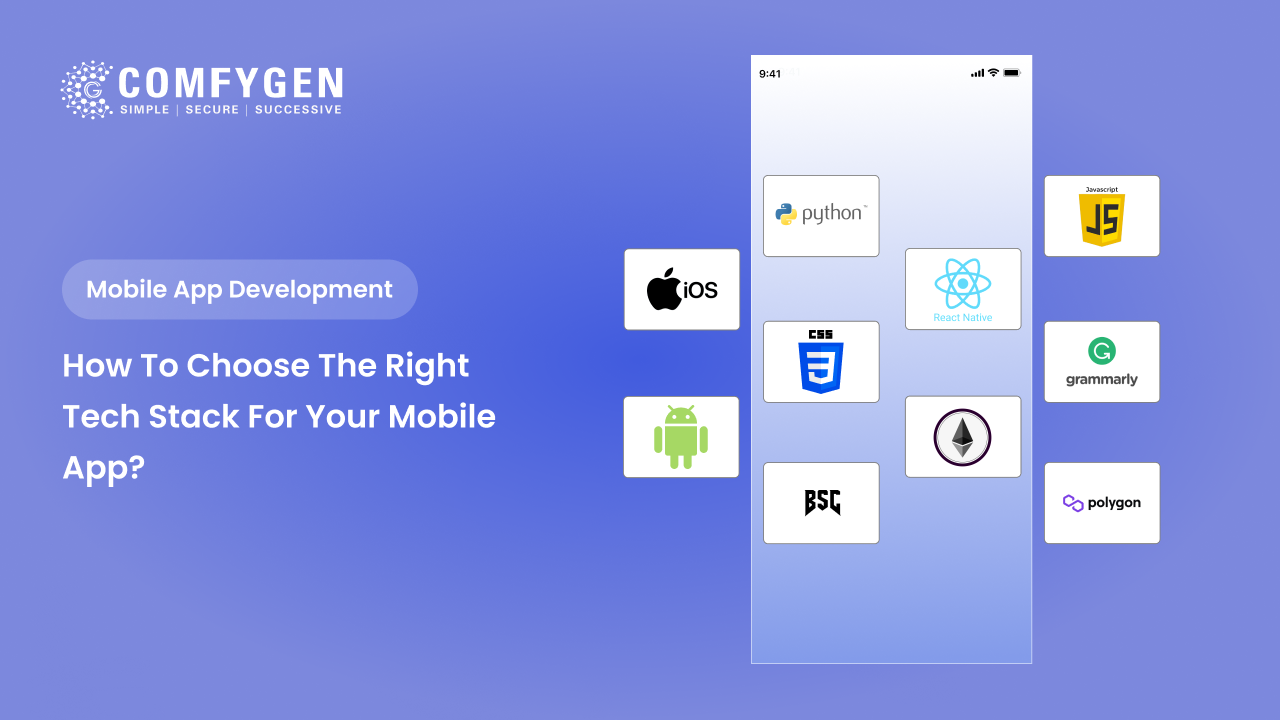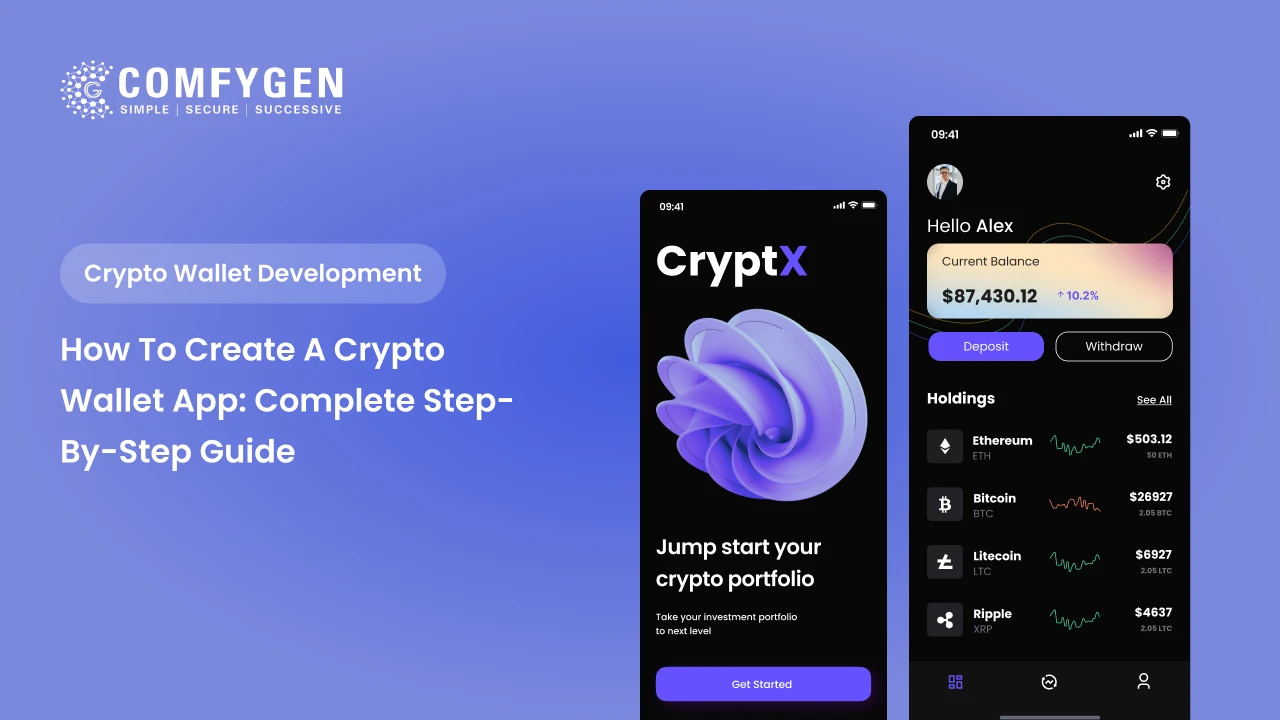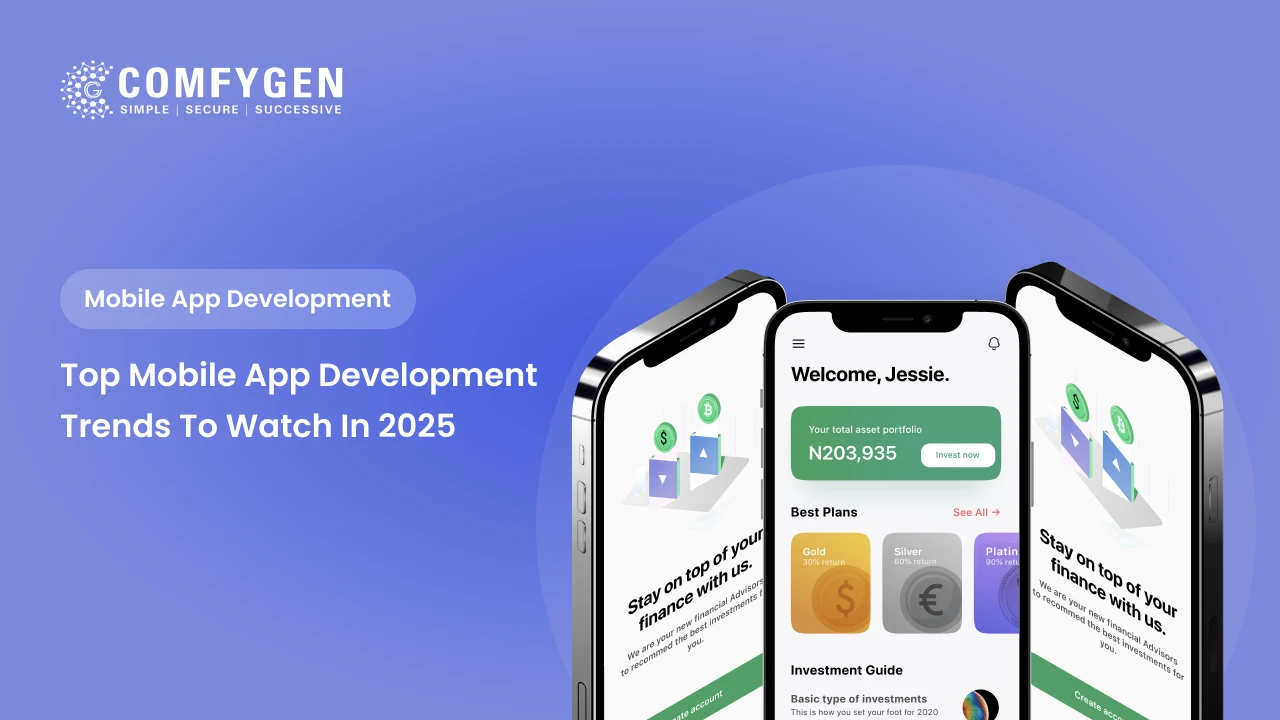Real Estate Tokenization Development in 2025: Unlocking New Horizons in Property Investment
Introduction
The real estate industry is undergoing a seismic shift in 2025, driven by the rising adoption of blockchain technology. One of the most revolutionary trends is real estate tokenization—a method that allows physical properties to be represented digitally on the blockchain. With benefits like enhanced liquidity, fractional ownership, and global investor access, real estate tokenization is reshaping how properties are bought, sold, and invested in. This blog explores the concept of real estate tokenization development, its advantages, challenges, legal considerations, use cases, and how a leading real estate tokenization development company can help you navigate this new frontier.
What is Real Estate Tokenization?
Real estate tokenization is the process of converting a real estate asset (commercial or residential) into a digital token using blockchain technology. These tokens represent a share of ownership in the property, allowing investors to buy, sell, and trade real estate assets much like stocks.
This transformation is made possible through smart contracts, which automate the enforcement of ownership rights and streamline the management of these digital assets.
Key Components of Tokenized Real Estate:
- Smart Contracts: Enforce transactions and ownership rights automatically.
- Digital Tokens: Represent fractional ownership in a property.
- Blockchain Platform: Ensures transparency, security, and immutability of transactions.
Why Real Estate Tokenization Matters in 2025
The traditional real estate market suffers from illiquidity, high entry barriers, and complex regulatory processes. Tokenization addresses these pain points by enabling:
- Fractional Ownership: Investors can purchase small portions of high-value properties.
- Global Market Access: Anyone with internet access can invest in tokenized real estate.
- Faster Transactions: Token sales can be executed in minutes versus days or weeks.
- Reduced Costs: Eliminates intermediaries and reduces paperwork.
- Improved Transparency: All transactions are recorded on an immutable ledger.
Top Benefits of Real Estate Tokenization Development
- Increased Liquidity: Traditionally, real estate is illiquid. Tokenization allows investors to exit their investments quickly by selling their tokens on a secondary market.
- Lower Investment Thresholds: Tokenized real estate reduces entry barriers. Instead of needing $500,000 to invest in a property, investors can start with as little as $1,000.
- Faster Settlements: Smart contracts facilitate real-time settlements, reducing transaction time and cost.
- Broader Investor Base: Tokenization opens real estate markets to global investors, enhancing the investment ecosystem.
- Security and Transparency: Blockchain’s decentralized nature reduces fraud risk and ensures that all transactions are auditable.
Challenges in Real Estate Tokenization
- Regulatory Compliance: Tokenized assets must comply with securities laws, KYC (Know Your Customer), and AML (Anti-Money Laundering) requirements.
- Market Adoption: Although growing, the adoption rate is still slow due to a lack of awareness and technical expertise.
- Valuation Difficulties: Determining the value of tokenized assets is complex and requires standardized models.
- Technical Risks: Smart contract bugs or blockchain vulnerabilities can compromise asset security.
Legal Framework for Real Estate Tokenization in 2025
With global regulators embracing digital assets, 2025 marks a turning point. Major jurisdictions now offer clarity:
- European Union (MiCA): Defines the legal status of crypto-assets.
- United States (SEC): Enforces securities compliance for tokenized assets.
- Luxembourg: A leader in DLT regulations via Blockchain Law IV.
- Dubai (VARA): Provides tailored crypto regulations supporting tokenized real estate.
Choosing a real estate tokenization development company familiar with these regulations is crucial.
Use Cases of Real Estate Tokenization
- Fractional Ownership in Luxury Apartments: Investors can co-own luxury properties globally.
- REIT Alternative Models: Tokenized REITs offer greater transparency and reduced management fees.
- Commercial Property Crowdfunding: Tokenization simplifies crowdfunding for office complexes, malls, and hotels.
- Timeshare Properties: Digital tokens represent vacation property shares with automated scheduling.
- Real Estate-backed Loans: Tokenized properties can serve as collateral in DeFi ecosystems.
How a Real Estate Tokenization Development Company Can Help
If you’re looking to tokenize a property, working with a professional development company is essential. Here’s what they offer:
- Blockchain Selection (Ethereum, Polygon, Solana, etc.)
- Smart Contract Development
- Legal and Regulatory Consultation
- Token Issuance & Wallet Integration
- Secondary Marketplace Development
- Investor Dashboard & Admin Panel
Features to Include in Your Real Estate Tokenization Platform
- KYC/AML Compliance Module
- Investor Onboarding System
- Wallet Integration
- Real-Time Property Valuation
- Smart Contract Execution
- Secondary Marketplace for Token Trading
- Audit Trails for Transparency
Top Blockchains for Real Estate Tokenization Development
- Ethereum: Most popular platform for token standards (ERC-20, ERC-721).
- Polygon: Low gas fees and fast transactions.
- Binance Smart Chain: High throughput and affordable costs.
- Solana: Ultra-fast processing speeds.
- Tezos: Known for energy efficiency and on-chain governance.
Real Estate Tokenization Development Services You Can Leverage
- Property Tokenization Platform Development
- Smart Contract Programming
- Legal Compliance Solutions
- Token Issuance (Security Tokens)
- NFT Marketplace Development
- Custodian Integration
- Custom Real Estate NFTs
Trends Shaping the Future of Real Estate Tokenization
- AI Integration: Enhanced property valuation and risk assessment.
- DeFi Integration: Tokenized real estate as DeFi collateral.
- Cross-Border Token Offerings: Access to global capital.
- Green Building Tokenization: ESG-focused investments.
- Interoperability Standards: Seamless asset transfers across blockchains.
Why Choose Our Real Estate Tokenization Development Company?
At Comfygen, we specialize in building secure, compliant, and scalable real estate tokenization platforms tailored to your business model. Our services include:
- 100% custom development
- Full legal and compliance assistance
- Multichain token deployment
- Post-launch support
- UI/UX optimized investor dashboards
We have experience in tokenizing assets across the U.S., Europe, the UAE, and Asia.
Conclusion
Real estate tokenization is not just a technological trend; it’s a paradigm shift in property investment. With the right development partner and compliance strategy, you can unlock new liquidity, democratize access to real estate, and tap into a global investor base. As a leading real estate tokenization development company, we at Comfygen are ready to guide you through the future of tokenized property investments.
Frequently Asked Questions (FAQs)
Is real estate tokenization legal?
Yes, it is legal in many countries under specific regulatory frameworks.
How much does real estate tokenization development cost?
Costs vary based on complexity but typically start from $25,000.
Can I tokenize any property?
Yes, residential, commercial, and even undeveloped land can be tokenized, subject to local regulations.
Which blockchain is best for real estate tokenization?
Ethereum and Polygon are most commonly used for their developer support and security.
How long does it take to develop a tokenization platform?
Typically between 6 to 12 weeks, depending on features.
What’s the minimum investment in a tokenized property?
It can be as low as $100 or $1,000, depending on the platform.

Mr. Saddam Husen, (CTO)
Mr. Saddam Husen, CTO at Comfygen, is a renowned Blockchain expert and IT consultant with extensive experience in blockchain development, crypto wallets, DeFi, ICOs, and smart contracts. Passionate about digital transformation, he helps businesses harness blockchain technology’s potential, driving innovation and enhancing IT infrastructure for global success.

